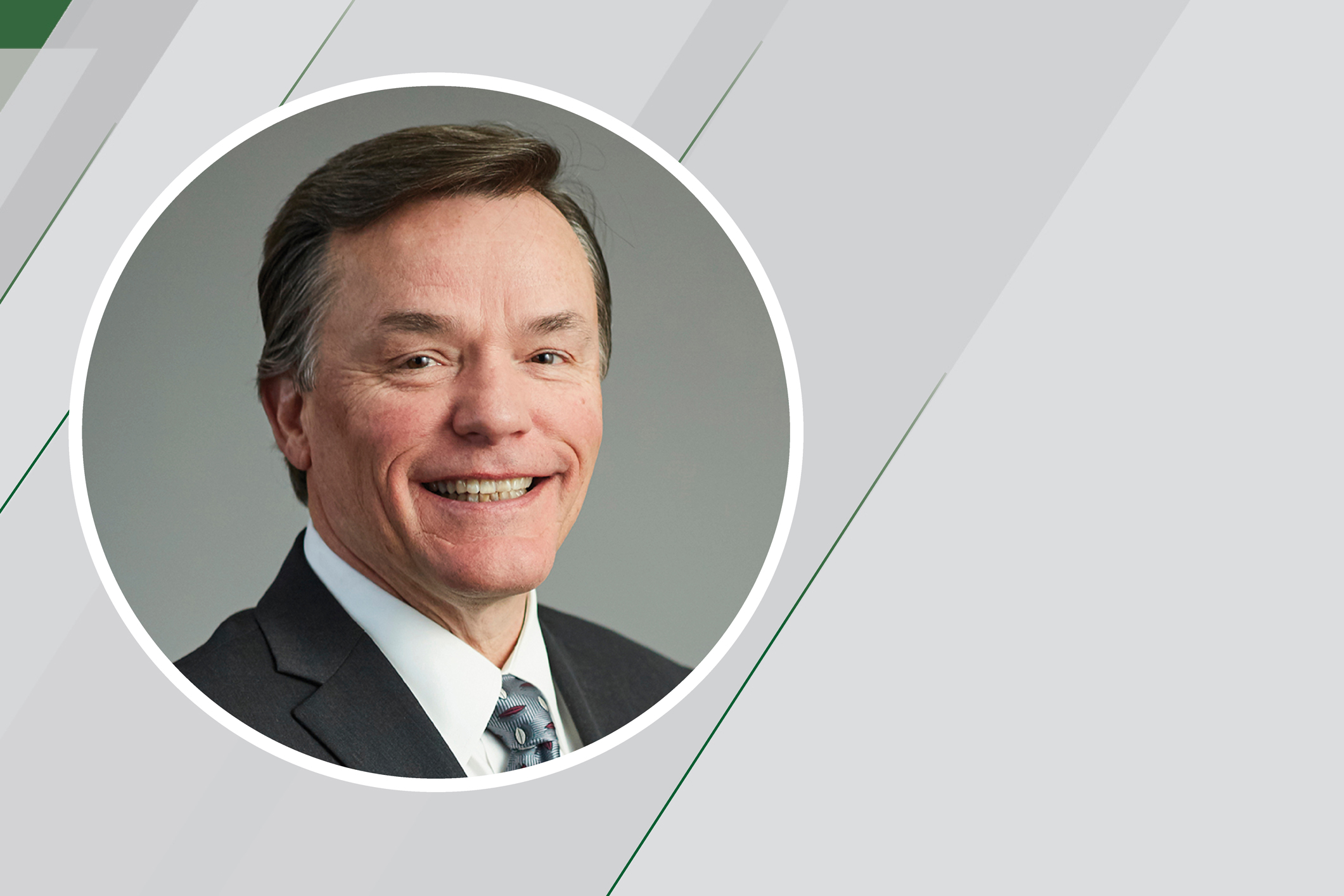Houston, We Have a PR Problem
Mass retirements in the insurance industry are not just looming anymore. They are occurring. Safety National’s CEO, Mark Wilhelm, offers his perspective on what the industry must do to overcome its recruitment difficulties.
September 10, 2021

When it comes to attracting young talent, the insurance industry has a bit of a public relations problem. I participated on a conference panel where the President and CEO of The Institutes shared some not-so-shocking survey results on college students’ perceptions about the insurance industry. According to their survey, only 12% thought the insurance industry was innovative, a mere 5% believed insurance is exciting, and a whopping one-third of those surveyed said insurance was downright boring. We may be to blame for that perception, but if we want to avoid the impending talent crisis that looms over the industry, it is our job to show the next generation of job seekers that they are wrong.
First, we must show the diversity of available positions. Sure, we need risk management graduates, but have we been abundantly clear that we also need those in finance, marketing, sales, information technology and human resources? We also have to prevent young prospects from underestimating how rewarding a career in this industry can be. Insurance jobs are more stable than most and, with a generation on the brink of retirement, the opportunities for advancement are plentiful.
Next, we have to change the perception of insurance as just something everyone has to purchase. We all know that the younger generation is drawn to a career where they can make a difference. We have to make them realize that, at its very core, insurance is a “trust me” product. We make a promise to our clients that we will be there when they need us and it is our responsibility to help people when that time comes. As the market leader in excess workers’ compensation, my company sees the most catastrophic injuries imaginable. Our job is to be there for injured workers on their worst days and provide them the best available treatment so that they can attain the highest quality of life possible. I can tell you firsthand that knowing we have played a role in making someone’s life whole again makes for a very meaningful career.
If we want the best talent, we have a job to do. The next generation wants a challenging career with advancement opportunities, but also to make a difference in people’s lives and/or improve society. We already have the goods, we just have to get much better at communicating it.

























